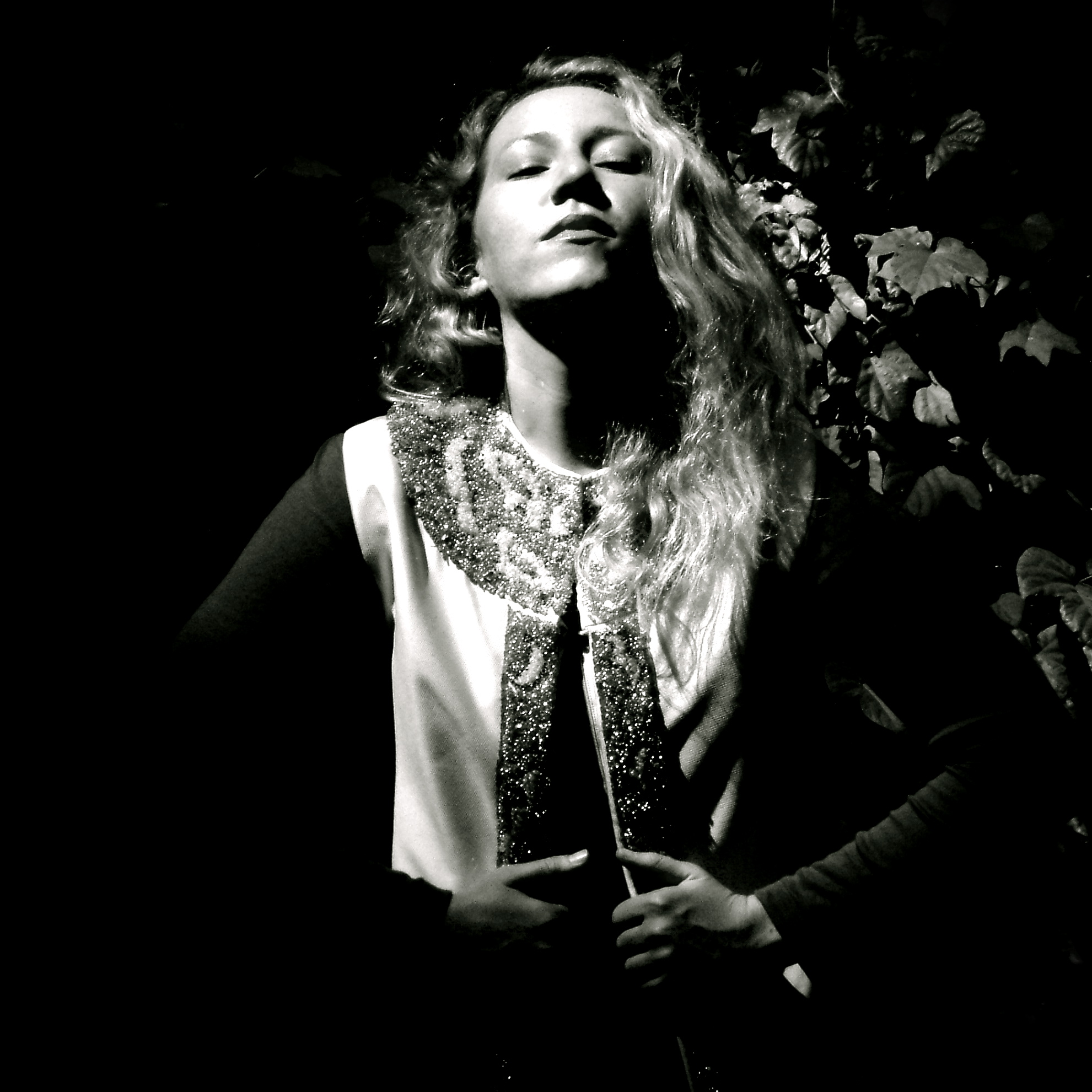There’s one word I keep coming back to when I listen to or think about Lady Lazarus’ music: dirge. That’s not meant as a belittlement or castigation, though. In fact, for the most part it could be argued it’s spot on when describing her music. Slow, repetitive piano chords and melodies repeated over and over again until the point of beginning is lost. You may as well pull up a hearse.
But even though on a simple almost superficial level Lazarus’ (real name Melissa Ann Sweat) music is thus described musically, there’s a whole lot more to it. She soaks the piano in reverb, and at its best it leans closer to something resembling drone music than piano balladry. Her lyrics are like poems (which is appropriate since she takes her name from a poem written by Sylvia Plath), full of motifs that lodge themselves into your head. Again, it’s due to repetition, but instead of beating you around the head, it allows you to absorb them at your own pace. There’s nothing forceful about Sweat’s music, as it can take a few listens to grasp and fall into, but its starkness can catch you off guard.
Sweat’s new album, All My Love In Half Light, follows from her debut, Mantic, utilizing the same setup albeit this time she sounds clearer, grander, and more in control of herself and the world she’s creating. The four-track tape hiss is hidden away, and piano chords decay into the far distance as the high end of her keyboard twinkles and glimmers. Each end juxtaposes the other while simultaneously fusing together to create a working whole. Sweat’s voice manages to successfully retain a sort of vulnerability while moving seamlessly between affecting and ghost-like. Occasionally she becomes absorbed in the music, her lyrics sinking into the reverb, and the whole thing sounds like a living/breathing organism. “Goudunov” is great example of this as a mystic hum surrounds everything as Sweat plays with the song’s title. It may refer to a number of historical figures, but the way she sings it is in such a way that it sounds like “good enough,” which is more appropriate considering the surrounding lyrics, “never said I never was.”
The earlier mentioned repetition of lyrics means that each song has its own mantra of sorts. “Wonder, Inc” again plays with the titular word, sliding between “wonder” and “wander” while on the glimmering closing track “Gleam” she toys with one half of the album’s title. The words almost become the song and when Sweat goes for a chord change or a refrain of some sort, they hit hard and are full of more meaning. With repeated listens lyrics tie together and you end up creating your own world within Sweat’s.
Sweat also dabbles in more textures here than before. “Constant Apples” brings some strings into the background which are easy to pass by first time round as the piano begins on a sound that recalls a jungle at night, while on “Eventide” she seeps in a few wisps of backing vocals into the background. And even though she’s used accordion before, the wheezy, mournful breathes on opening track “Lapsarian” feel like brave, empowering slow bursts as she hazily recalls a relationship from the past. “We were lovers before we were lovers,” she sings, introducing herself with a content, human tone. Moments like these help Sweat’s sound grow at its own pace, but for the most part her music remains the same as before. It feels absurd to recommend listening to single tracks, as the Half Light is a creature that moves back and forth in a way you don’t feel but definitely experience. It does have its moments of real drag, such as the brief “Edge,” but once “Argosy” begins with its ebbing and flowing melody and wonderfully fitting nautical imagery, you’re soon engrossed once again.
There is a moment on Half Light where Sweat does initially appear to fall into creating simple piano balladry. On “Do Not Go Gentle” she begins “When I gave you my heart/ you tore it apart” over plodding chords that seem to ring naturally, but she finds her way out soon enough, and when she goes onto sing “I don’t wanna die,” it comes off like she’s trying to save herself by being herself: by sticking to her own formula and not playing to the clichéd idea of what you might expect a girl with a piano to sound like. It’s dirge, but there’s something hopeful about it all. Those reverberated piano chords might create a sound more suited a description of mistiness, but there’s clarity in music this bare and poetic.

